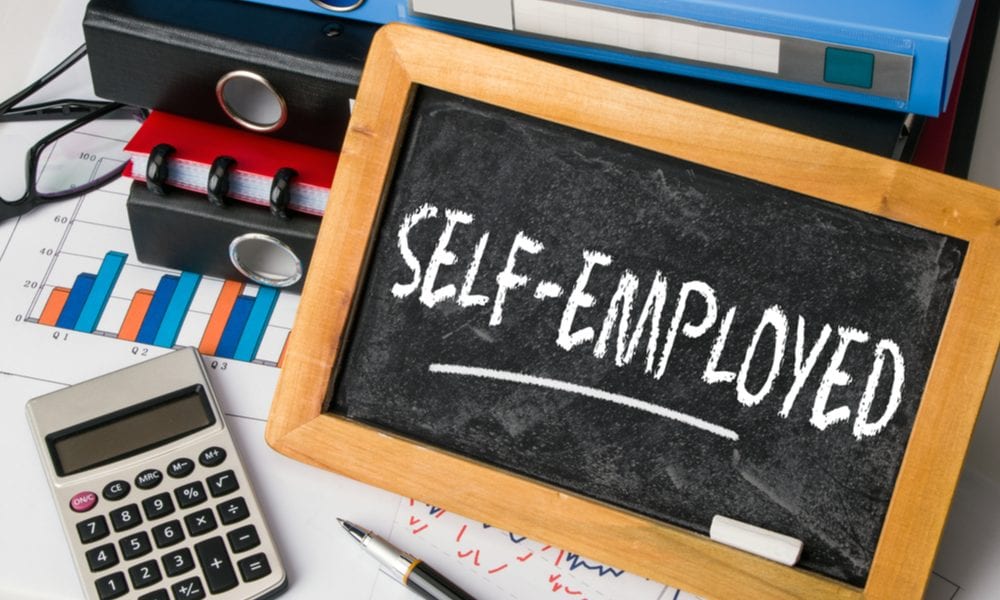Self-Employment Tax
At William Klien., the majority of our clients need help in filing personal tax returns as a result of employing others but have not set up a limited company or working as a freelancer. Alternatively, you may need the right paperwork to submit your tax returns such as income, expenses, capital gains or pension if you are trading as a sole trader or in partnership with someone. Under these circumstances, the HMRC will classify you as self-employed, and you will be liable to pay Self-Employment Tax annually.
Employment Status
At William Klien., our finance advisory team will quickly assess your employment status when you come in to meet us. It is a straightforward process, and you can do this at home by putting your details into the Employment Status Indicator tool on the HMRC website. However, it is essential to remember that this is only an indicator if you want to know for sure; then only a professional can give you a definitive answer.
Personal Allowance for Self-Employed Individuals
You are entitled to £12,500 as a standard personal allowance if you are self-employed; for 2019/20 tax year. Your allowance is the amount of money that you can earn for yourself before you start paying tax.
If you earn above £100,000, the standard personal allowance rate reduces by £1 for every £2 of income for tax year 2019/20.
Income Tax Rates for the Self-Employed
When you are self-employed, you only pay Income Tax on your profits; not on your income. For example, if you earn between £0 -£12,500 in 2019/20 tax year, you will pay £0 income tax on your profits. However, a basic rate of 20% needs to be paid when you are earning between £12,501-£50,000 during 2019/20 tax year. The income tax rate increases as you start making higher amounts; 40% tax on £50,001- £150,000.
National Insurance for Self-Employed
You must pay National Insurance contributions if you are self-employed; you will pay Class 2 contributions if your profits are at least £6,365 during 2019/20 tax year. If your profits are over this limit, you will need to pay £156 for the year 2019/20.
Your NI contributions will change according to how much profit you are making in a year, so it is crucial to seek professional help to make sure you are paying the right amount each year and avoid hefty fines.
Why Is Seeking Professional Help Important?
The first thing every self-employed person needs to do is to register with HMRC as soon as you start earning because if you fail to send to so, you will be heavily fined. At William Klien, our financial advisory team can help you in registering your business and filing up all the legal requirements so you can have peace of mind; there will be no surprises from the HMRC. We will calculate your income and expenses and set up your National Insurance and Income tax contributions for the year, taking into account all relevant information from you or your company’s account.
At William Klien., you will have a dedicated member of staff who will ensure your annual accounts are completed well before the deadline, so you do not have to put yourself through any stress.


